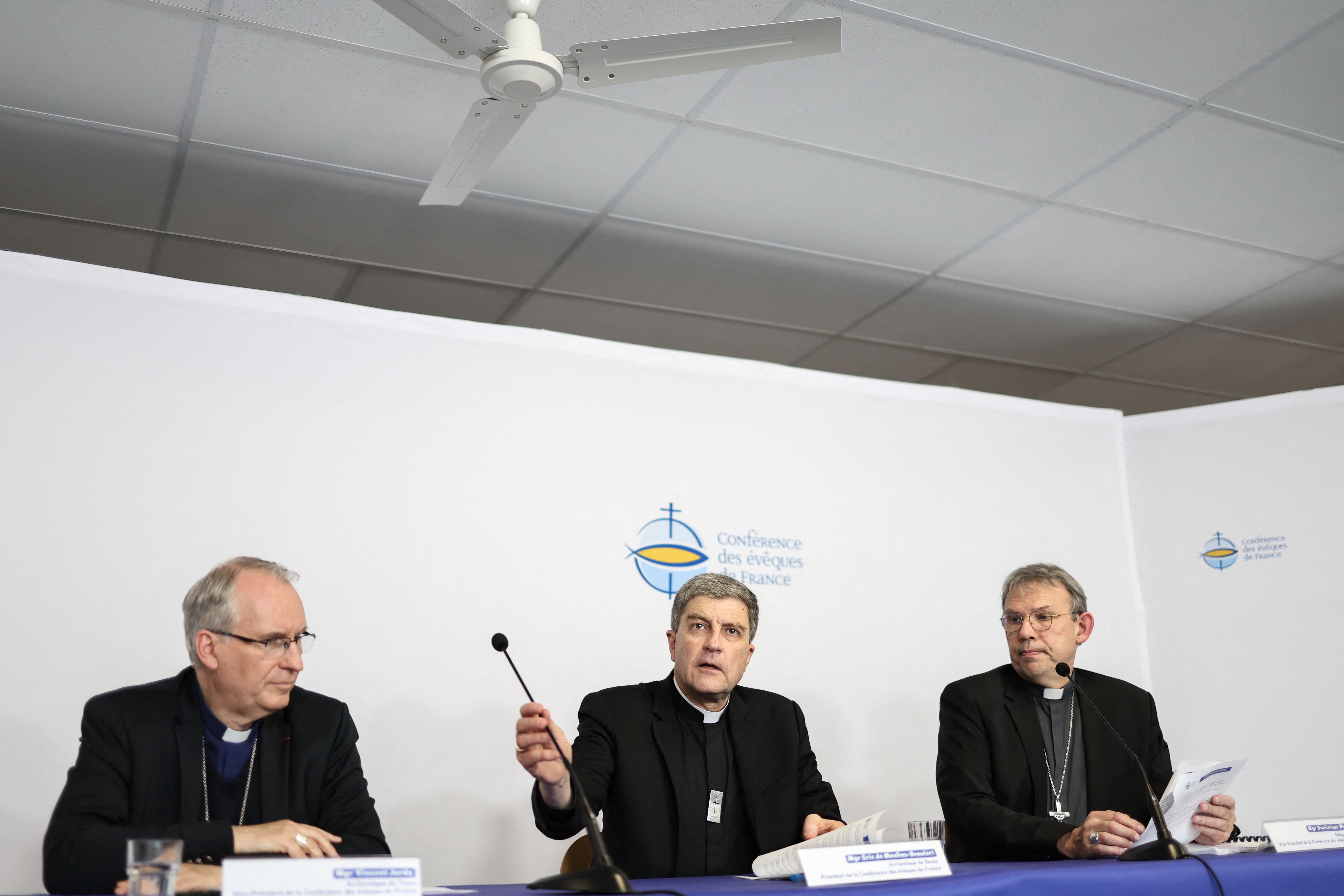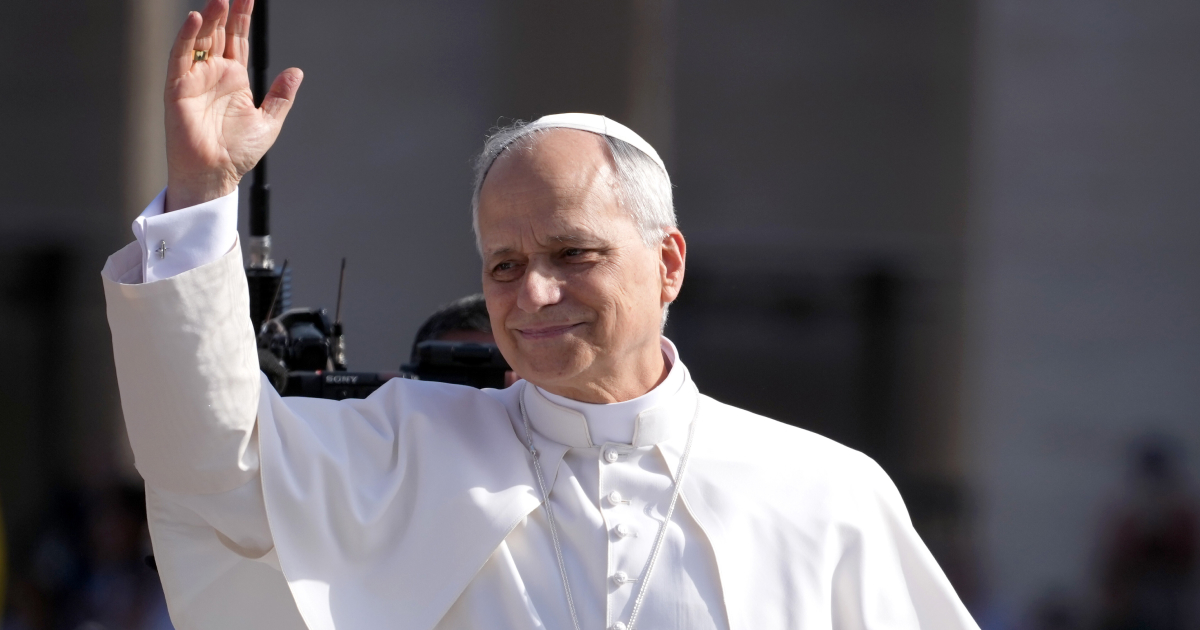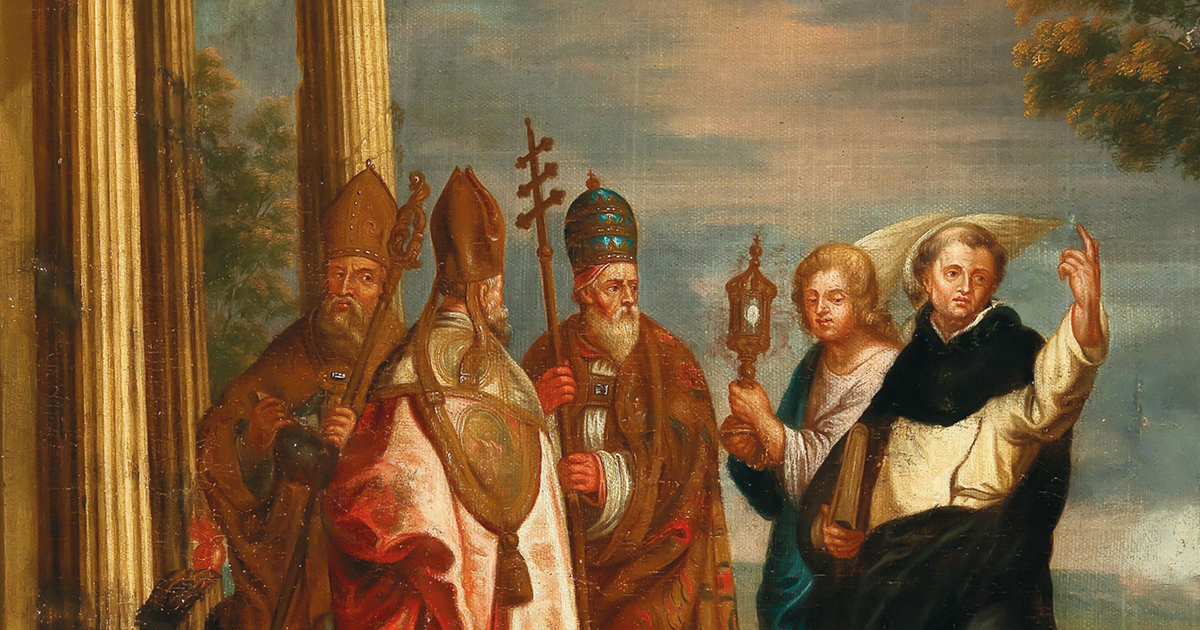France’s bishops have intervened in a growing scandal over the appointment of a convicted rapist to a senior diocesan post in Toulouse.
On 10 August 2025, the presidency of the Conference of Bishops of France issued a statement calling on Archbishop Guy de Kerimel to “reconsider the decision he had taken regarding the appointment of the chancellor of his diocese.” The bishops warned that “such an appointment to such an important position, canonically and symbolically, can only revive wounds, awaken suspicions and disconcert the people of God.”
The bishops’ conference statement placed the appeal within the wider context of the Church’s ongoing struggle to deal with abuse. “Little by little, we have learned to look at these facts first from the point of view of the people who have been victims and who suffer the consequences for the rest of their lives,” wrote Cardinal Jean-Marc Aveline, Archbishop of Marseille, Archbishop Vincent Jordy of Tours, and Bishop Benoît Bertrand of Pontoise. They described this as “a long and demanding work of conversion, which we are determined to continue.”
Fr Dominique Spina, 61, was sentenced in 2005 to four years’ imprisonment, with two years suspended, for the rape of a teenage boy in the Diocese of Bayonne in the early 1990s. The victim, who believed he had a vocation to the priesthood, was under Spina’s spiritual direction at the time. Psychiatric experts at his trial noted his “paranoid, narcissistic and perverse dispositions” and “lack of guilt.”
Archbishop de Kerimel appointed Spina chancellor and episcopal delegate for marriages on 2 June 2025, telling Le Monde that he had “taken the side of mercy” and that “we have nothing to reproach this priest for over the past thirty years for acts likely to be the subject of legal, canonical or civil proceedings.”
Fraternité Victimes, a French association supporting survivors of Church abuse, condemned the Archbishop’s defence. “Talking about mercy to defend this promotion is simply scandalous,” a spokesperson told Le Monde.
Under canon law, the appointment of a diocesan chancellor falls solely within the authority of the diocesan bishop (canon 482 §1). A bishops’ conference cannot directly overturn such an appointment. Its role is advisory, offering fraternal correction and urging reconsideration. The Holy See, however, can intervene if the appointment is judged gravely harmful to the common good of the Church or contrary to canon law.
In the modern era, episcopal conferences have rarely issued public calls for another bishop to reverse a personnel decision. The move suggests deep unease, both over the symbolism of the post—which serves as the bishop’s principal notary and keeper of diocesan records—and over the impact on survivors of clerical abuse.
As the bishops’ conference statement concluded: “This shift in perspective… has initiated, for our ecclesial institution, a long and demanding work of conversion, which we are determined to continue.”











.jpg)





